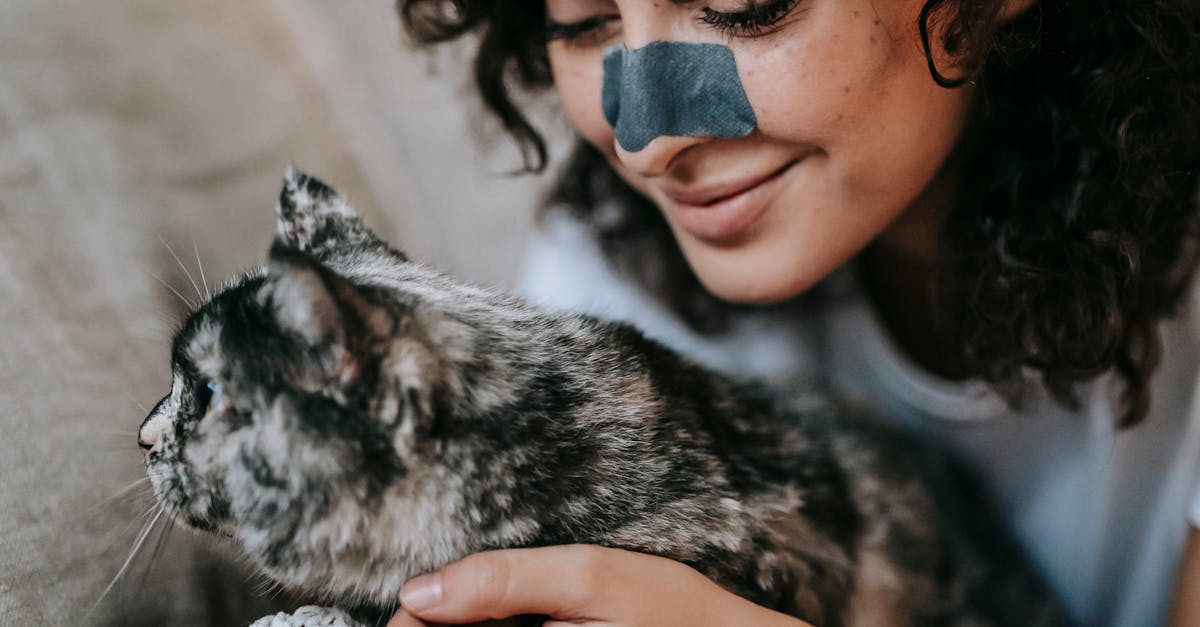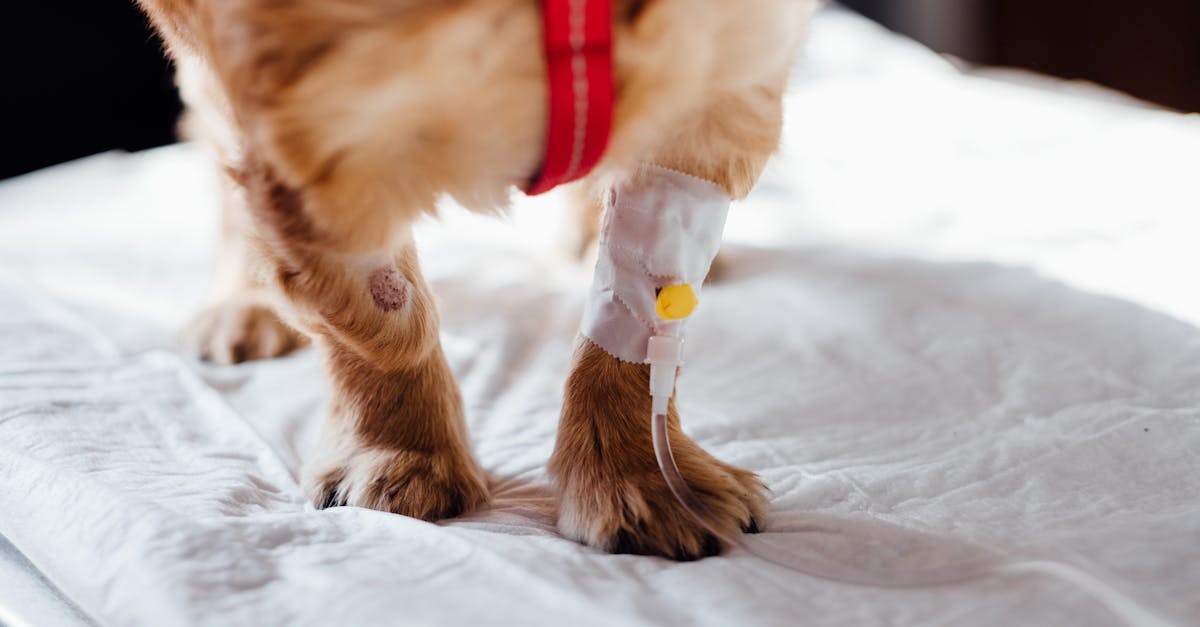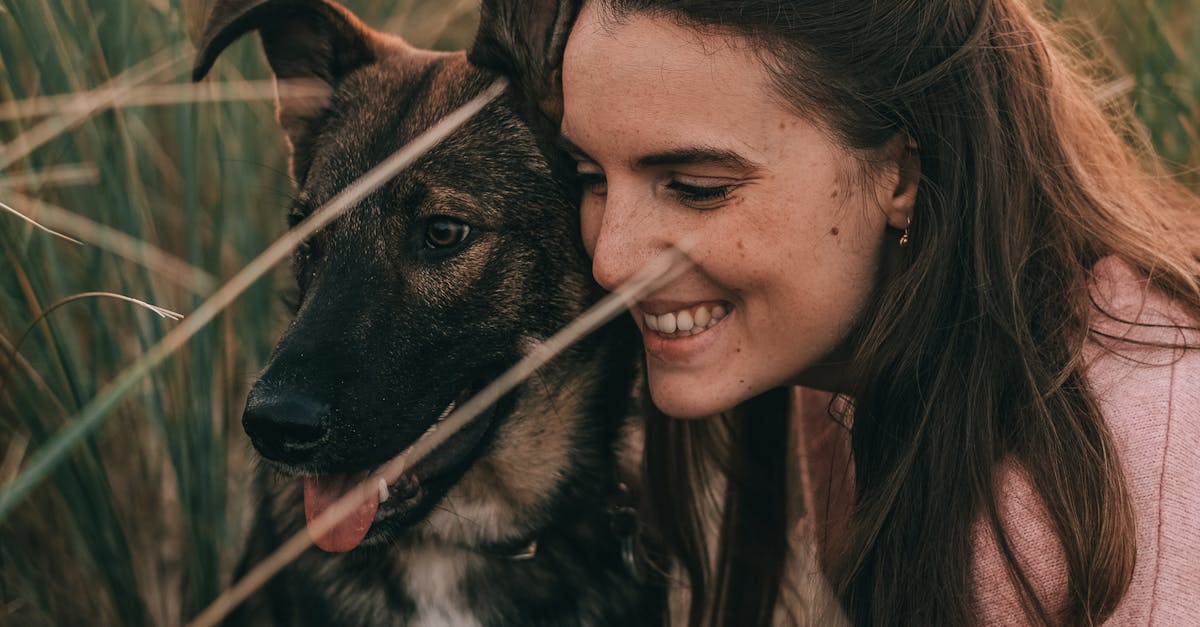Introducing the Need for Regular Pet Health Check-ups 🐾
Imagine having a loving furry companion who is always by your side, offering unconditional love and joy. Now, imagine the heartbreak of finding out they have been silently suffering from an undetected illness. It’s a situation no pet owner wants to face, yet one that can be avoided with regular health check-ups for your pets.
Regular pet health check-ups are an essential part of responsible pet ownership, ensuring the well-being and longevity of our beloved animals. In this article, we’ll explore why these check-ups are crucial, the challenges they address, and the multitude of benefits they offer—both to pets and their owners.
Health Check-ups: A Preventative Measure
Early Detection of Health Issues
Preventative healthcare for pets often operates under the same principles as it does for humans: early detection can lead to effective treatment and better health outcomes. Consider this:
“Approximately 10% of pets that appear healthy to their owners have underlying health issues only detectable by a veterinarian.” – Veterinary Data Source
Common health problems detected during routine exams:
- Dental Disease: Often going unnoticed by pet owners, dental disease can lead to severe health issues, including heart and kidney problems.
- Obesity: Regular check-ups help monitor and manage a pet’s weight, reducing the risk of diabetes, arthritis, and other weight-related issues.
- Heart Conditions: Early detection of heart murmurs and irregular heartbeats can lead to timely interventions.
- Parasites: Routine exams help in identifying internal and external parasites, which can otherwise lead to serious health problems.
Tailored Vaccination and Preventative Care
One significant advantage of routine vet visits is keeping up with a tailored vaccination schedule. Different pets have varied needs based on age, species, lifestyle, and environment.
Vaccines and Preventative Care Measures:
- Core Vaccinations: Essential for every pet (e.g., rabies, distemper).
- Non-Core Vaccinations: Required based on specific risk factors (e.g., Lyme disease).
- Flea and Tick Prevention: Regular checks can ensure your pet remains parasite-free.
- Spaying/Neutering: Vital for pet population control and can prevent certain types of cancer and other health issues.
Routine check-ups ensure that vaccines are administered on time and that preventative measures are consistent, safeguarding your pet from a range of diseases.
Mitigating Sayable Risks and Unforeseen Dangers
Behavioral Assessments
Pets can’t communicate their discomfort or behavioral changes vocally, making it essential to have professional assessments. Routine check-ups allow vets to observe and evaluate any behavioral abnormalities, guiding you on possible changes in environment or routine.
Common Behavioral Issues:
- Aggression: Might indicate underlying medical issues like pain or hormonal problems.
- Anxiety: Sometimes linked with thyroid issues or other endocrine disorders.
- Lethargy: Could be a sign of illnesses ranging from infections to more serious conditions like cancer.
Age-Related Concerns
Age poses a host of issues for our pets. From arthritis in older dogs to kidney disease in aging cats, veterinarians can provide targeted care based on the life stage of your pet.
Geriatric Care:
- Mobility Issues: Early intervention through medication or lifestyle changes.
- Organ Function: Regular blood and urine tests can monitor kidney and liver function.
- Vision and Hearing: Age can impair these senses; early checks lead to better management.
Benefits Beyond Health: Strengthening the Human-Pet Bond
Reduced Long-Term Costs
It’s a common misconception that regular vet visits are expensive. However, detecting and treating issues early can significantly reduce long-term medical expenses. Surgical procedures, hospital stays, and emergency treatments can be prohibitively expensive; early prevention can mitigate these risks.
Peace of Mind 🙏
Knowing that your pet is in optimal health brings unparalleled peace of mind. Pet ownership comes with its share of anxieties, and being proactive about your pet’s health can provide a sense of security. Regular vet visits reaffirm that you’re doing the best for your pet’s well-being, reinforcing the bond between you and your animal friend.
Practical Steps to Ensure Regular Health Check-ups
Schedule Consistently
Like marking your calendar for annual medicals or dental cleanings, ensure your pet’s check-ups are scheduled regularly. Consistency is key.
Checklist for Pet Health Check-ups:
- Annual Appointments: At least once a year for adult pets, more frequently for puppies, kittens, and elderly pets.
- Vaccination Records: Keep a vaccination log and ensure timely updates.
- Behavioral Log: Note any changes in behavior, appetite, or routine.
Veterinary-Client-Patient Relationship (VCPR)
Establishing a strong relationship with a trusted veterinarian is invaluable. Your vet will better understand your pet’s medical history, consistent behavior, and can provide personalized care.
Building an Effective VCPR:
- Communication: Always share your observations – even those that seem trivial.
- Consistency: Stick with one veterinarian if possible, ensuring continuity of care.
- Questions: Don’t hesitate to ask questions or for clarifications regarding your pet’s health.
Wrapping Up: Take Action for Your Pet’s Health
Pets are more than just animals; they are family members who rely on us for their well-being. Regular pet health check-ups are not merely an obligation but a testament to your love and care for them. By ensuring they receive routine veterinary visits, you’re contributing to their happiness, longevity, and quality of life.
Take a proactive stance: Schedule a vet appointment today and make regular check-ups a cornerstone of your pet care routine. Your pet’s wagging tail, playful leaps, and purring nuzzles will thank you.
For additional resources, you might consult American Veterinary Medical Association (AVMA) for guidelines on pet health maintenance.
Your pet deserves a long, healthy, and joyful life—let’s make sure they get it! 🐶🐱












